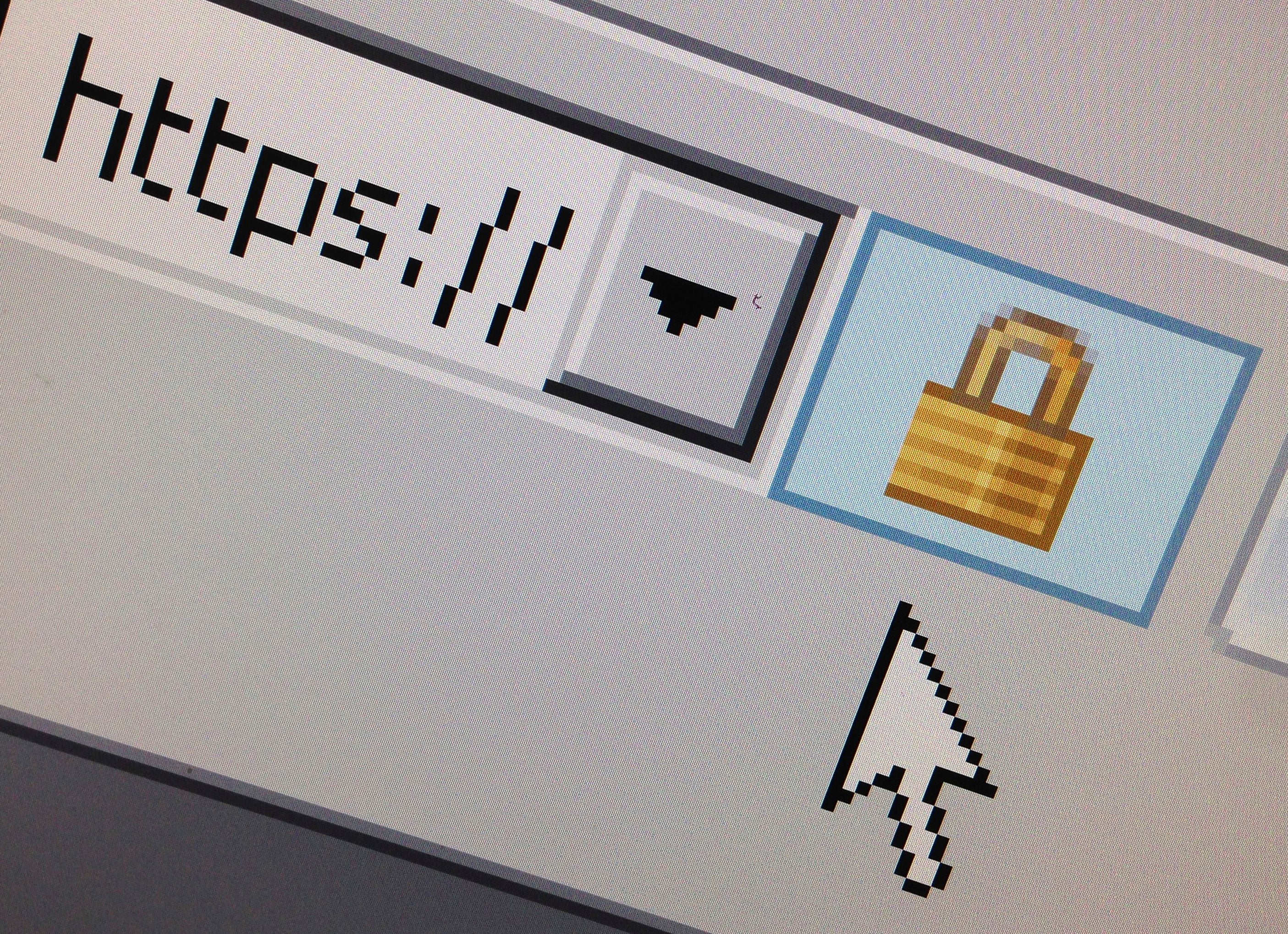Google tweaks search algorithm to give encrypted sites higher rankings
Google says the move is to encourage webmasters to better protect users

Google has announced that it will start giving preferable search rankings to websites that offer HTTPS encryption by default.
The world’s most popular search provider has been testing the scheme for months but now plans to roll it out more generally, hoping that it will encourage webmasters to secure their sites.
“We hope to see more websites using HTTPS in the future,” said the company in a blog post announcing the changes.
Sites with HTTPS encrypt the data exchanged with user. It’s been standard for banking sites for some now but other websites can be less conscientious – a dangerous norm when a lot of us regularly reuse the same passwords and logins for financial data as we do for more casual online accounts.
Google says that to begin with extra encryption on sites will only be used as a “very lightweight signal” when ranking search queries. The company uses more than 200 such ‘signals’ to decide which results is best including the time it takes for a site to load and its reputation as a quality source.
Google says that the new tweak to their search algorithm will affect “fewer than 1% of global queries” to begin with, but that over time the company will increase its weight, “because we’d like to encourage all website owners to switch from HTTP to HTTPS to keep everyone safe on the web.”
Security experts have reacted favourably to the news, comparing it to car reviewers ranking new vehicles not only on speed or comfort, but also on safety. Christopher Soghoian, a principal technologist for the American Civil Liberties Union described it as “huge deal” and “the ultimate carrot” to use encryption.
Google, along with Yahoo and Bing, already encrypts the searches made by users (around 3.5 billion daily) as well as the messages exchanged on Gmail. This week it also revealed that it scans those messages for images of child abuse, leading to the arrest of one previously convicted sex offender in America this month.
Join our commenting forum
Join thought-provoking conversations, follow other Independent readers and see their replies
Comments